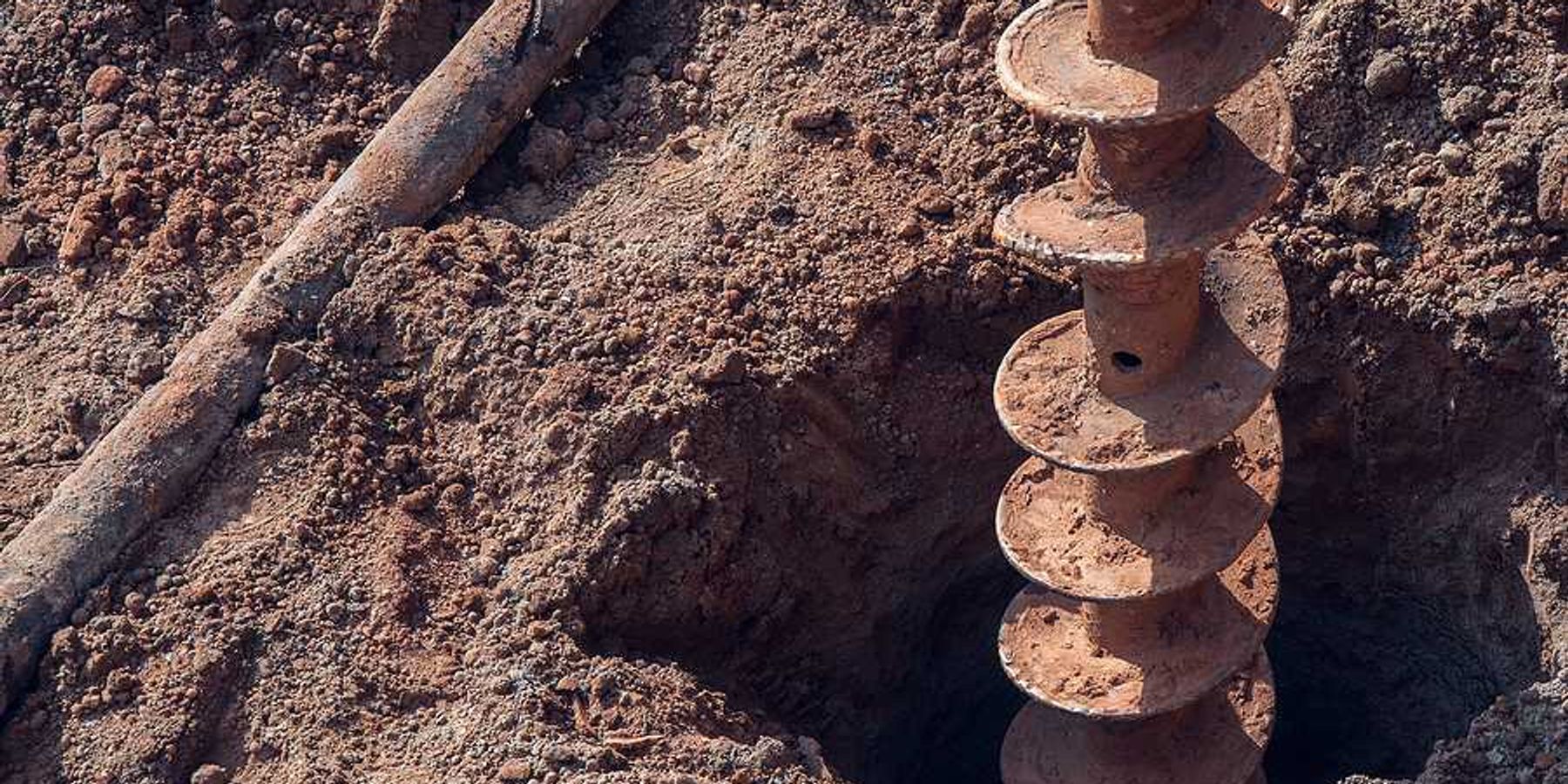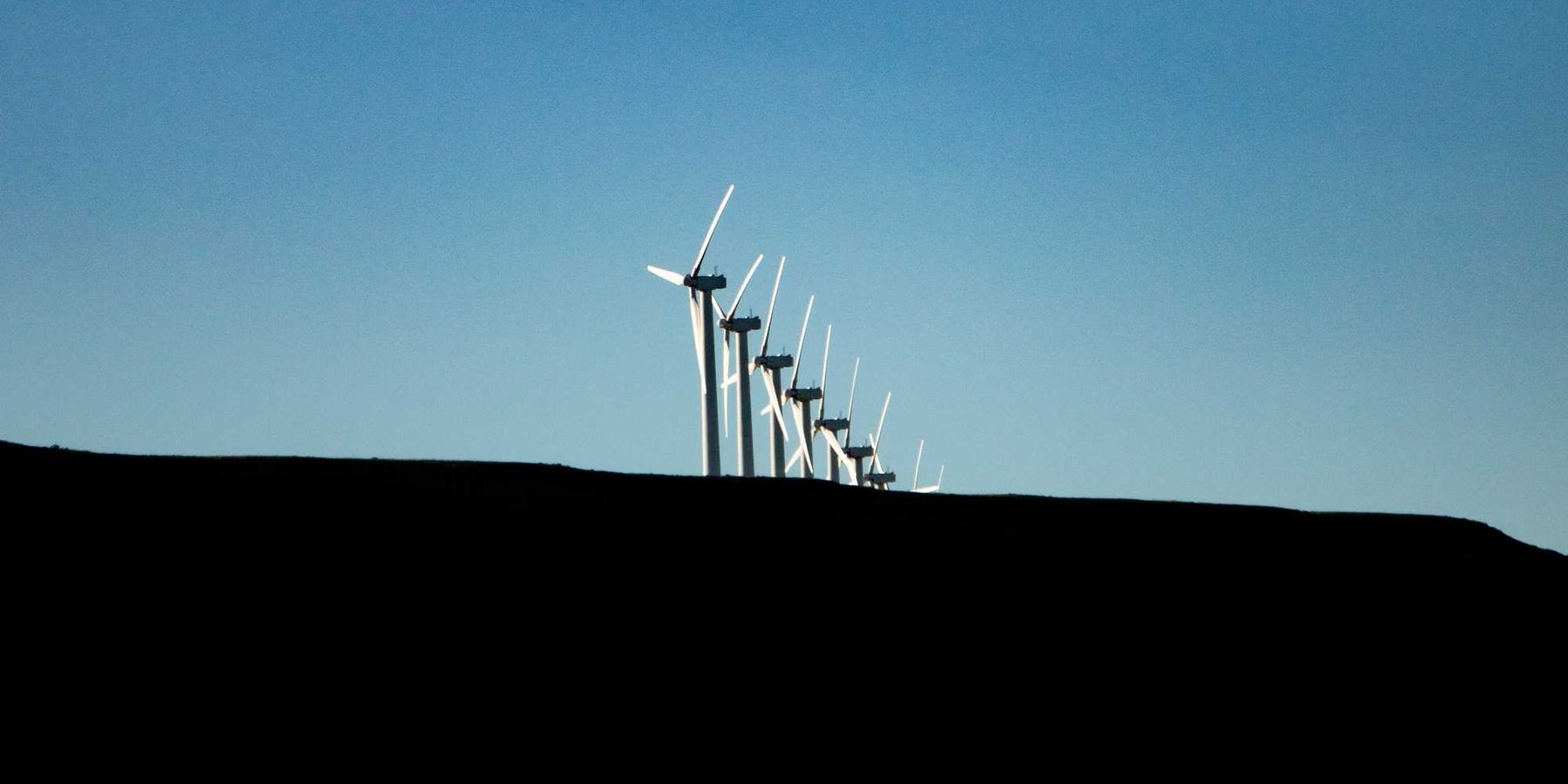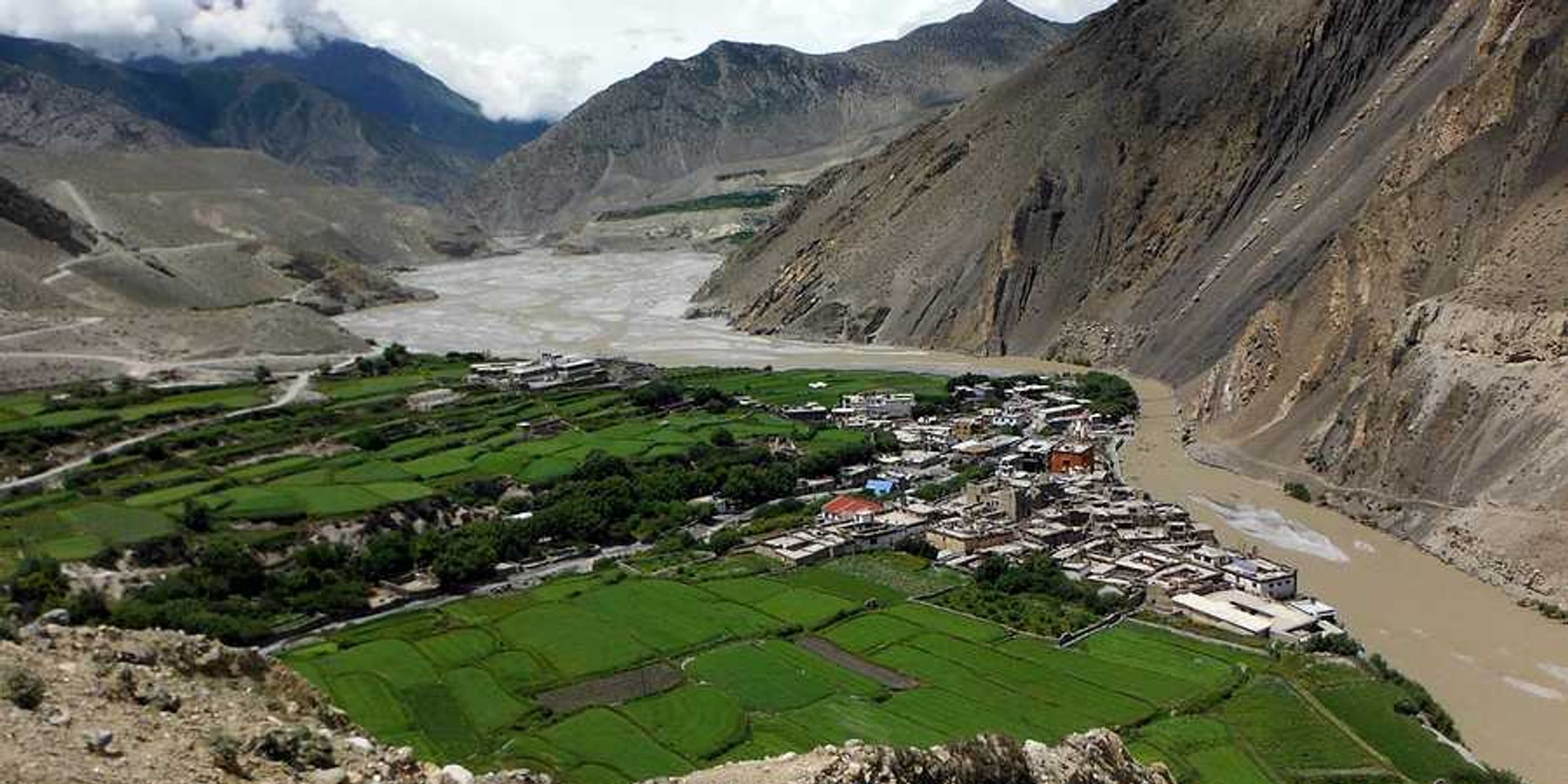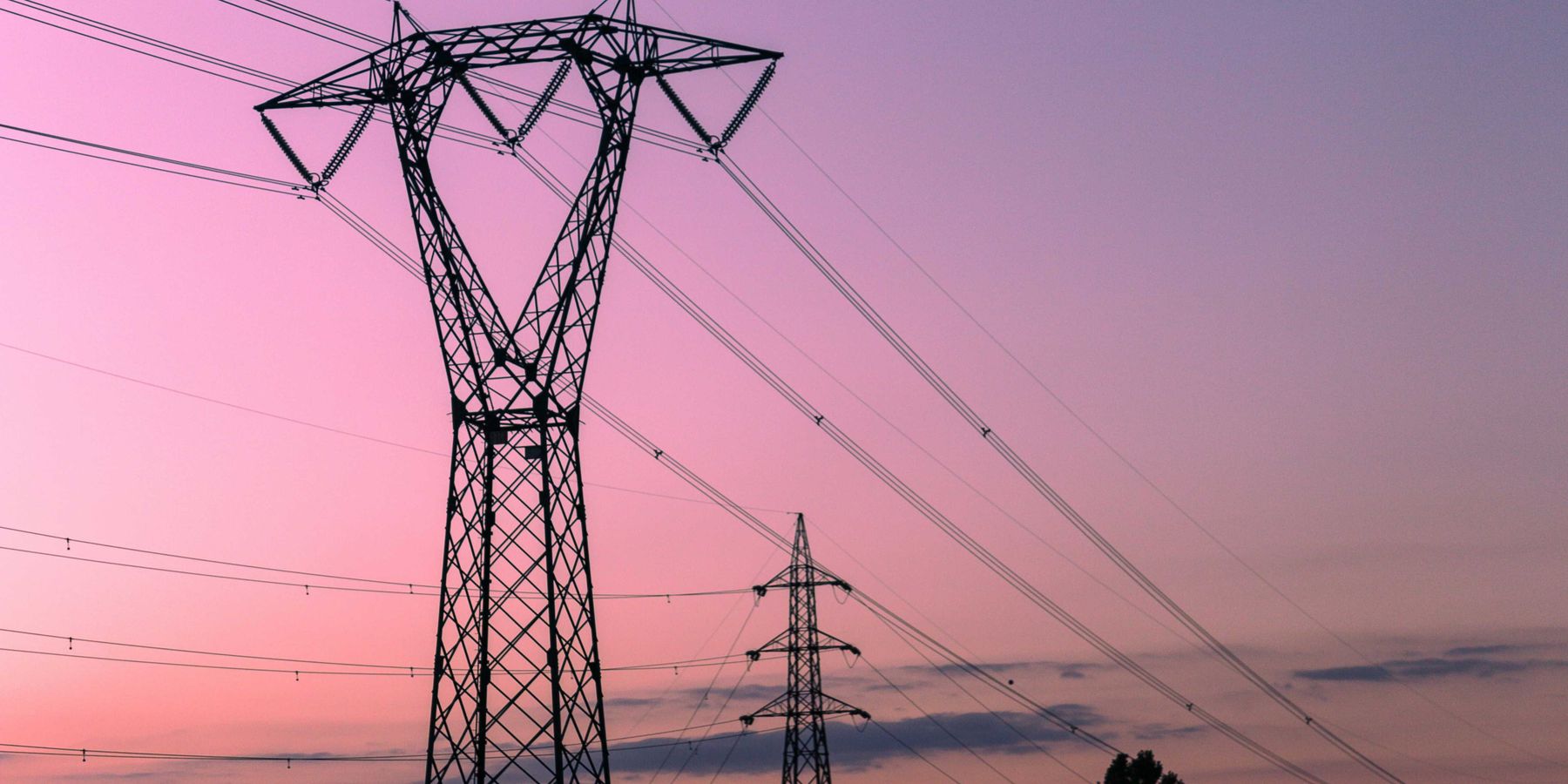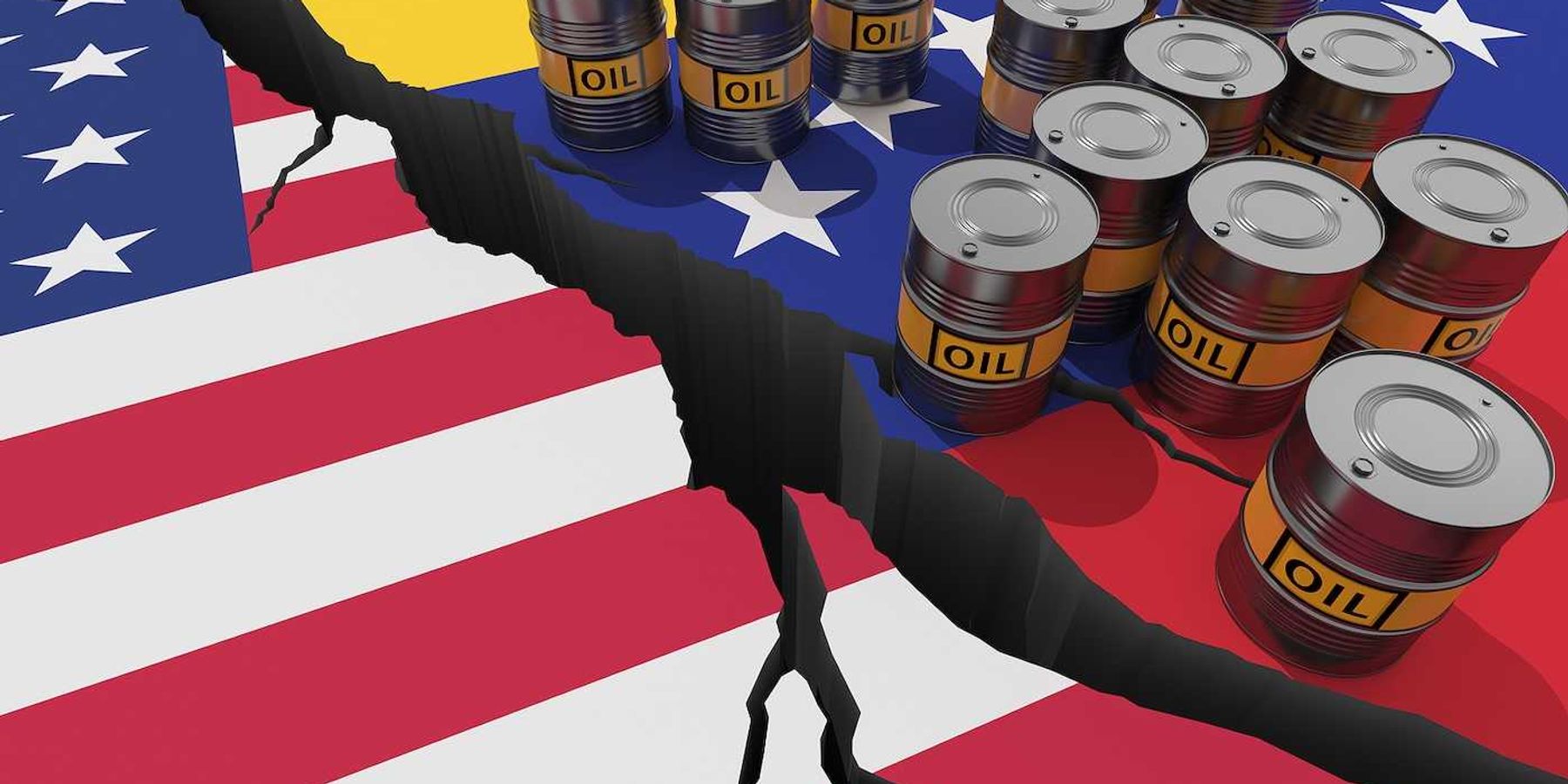18 June 2024
Labor and environmental groups push FEMA to classify extreme heat as a major disaster
A coalition of labor, environmental, and healthcare organizations is urging FEMA to classify extreme heat and wildfire smoke as major disasters, aiming to unlock federal funds for community protection and worker safety.
Manuela Andreoni reports for The New York Times.
In short:
- More than 60 groups filed a petition for FEMA to classify extreme heat and wildfire smoke as major disasters.
- The move is supported by major labor unions aiming to protect outdoor workers and those without air-conditioning during heat waves.
- Previous attempts to classify heat waves as disasters were denied, but petitioners cite the precedent of COVID-19's disaster declaration to bolster their case.
Key quote:
“We are never going to be able to address the changing climate or threats to the future under the existing system.”
— Brock Long, FEMA administrator during the Trump administration
Why this matters:
Extreme heat kills more people in the U.S. annually than hurricanes and floods combined. Recognizing heat as a major disaster would improve public health protections and infrastructure resilience. Read more: We are undercounting heat-related deaths in the US.


